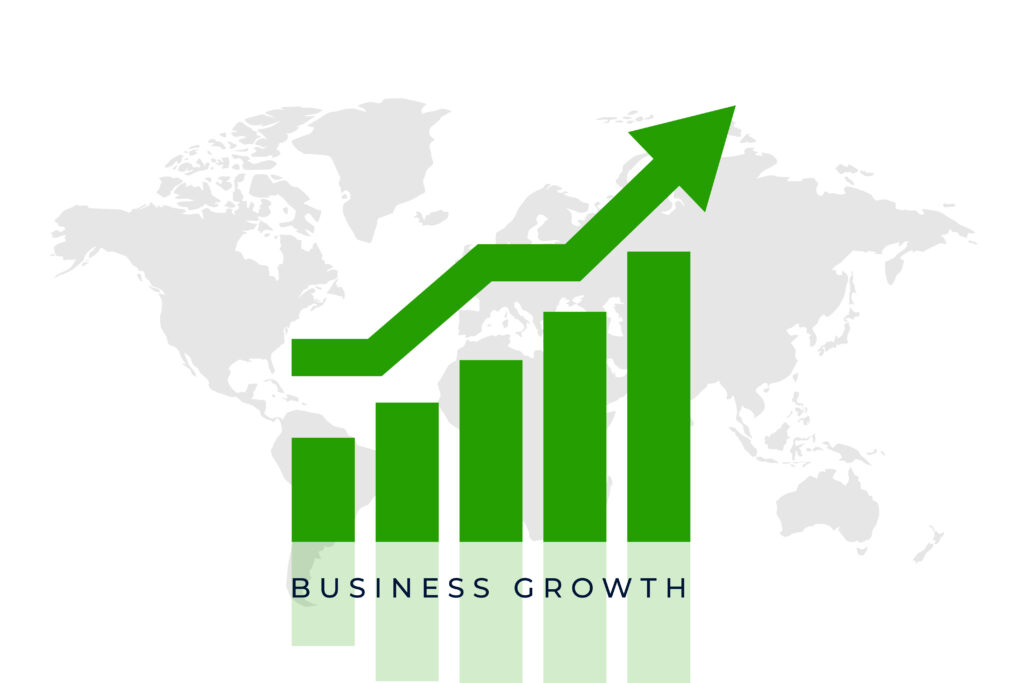In the ever-evolving realm of technology, companies are perpetually in pursuit of strategies to maintain a competitive edge. Will SAP Become Obsolete? A common inquiry that frequently arises among business proprietors and IT experts pertains to the future relevance of SAP (Systems, Applications, and Products in Data Processing). While SAP has served as a fundamental pillar of enterprise resource planning (ERP) for an extensive period, the advent of novel technologies and shifting business requirements necessitates a thorough examination of SAP’s future prospects.

The Legacy of SAP
SAP has a long-standing reputation as a reliable ERP solution. Many organizations have heavily invested in SAP systems to manage their business processes efficiently. It has played a vital role in streamlining operations, optimizing workflows, and providing valuable insights through data analytics. SAP has been the go-to choice for enterprises across various industries.
The Evolution of ERP
In recent years, the ERP landscape has witnessed significant changes. Traditional on-premises SAP installations are gradually giving way to cloud-based solutions. Cloud ERP systems offer scalability, flexibility, and cost-efficiency, making them an attractive alternative to traditional SAP implementations.
The Challenges Faced by SAP
While SAP remains a powerful tool, it is not without its challenges. Some of the key concerns that organizations face with SAP include:
1. Complexity
SAP implementations can be complex and time-consuming. They often require extensive customization to meet the unique needs of an organization. This complexity can lead to higher implementation costs and longer timeframes.
2. Cost
SAP licenses and maintenance costs can be substantial. Small and mid-sized businesses may find it challenging to justify these expenses, especially when more cost-effective alternatives are available.
3. Integration Issues
As businesses adopt a multitude of software solutions to address various needs, integrating SAP with other systems can be a daunting task. Seamless integration is crucial for data consistency and efficient operations.
4. User Experience
The user interface of SAP has received criticism for not being as intuitive as some modern software. User experience is a significant factor in software adoption and productivity.

The Future of SAP
While SAP faces challenges, it’s important to note that the company is actively addressing these concerns. SAP is investing in innovation and adapting to the changing technological landscape. Here are some key factors shaping the future of SAP:
1. Cloud Transition
SAP is shifting its focus towards cloud-based solutions. SAP S/4HANA, the next-generation ERP suite, is designed for the cloud and offers enhanced capabilities for businesses to thrive in a digital world.
2. Enhanced Integration
SAP is working on improving integration capabilities, making it easier for businesses to connect SAP systems with other applications seamlessly.
3. User Experience
Efforts are being made to enhance the user experience with more intuitive interfaces and user-friendly features.
Conclusion (Will SAP Become Obsolete?)
In conclusion, while SAP has been a reliable ERP solution for decades, it is evolving to stay relevant in the ever-changing world of technology. The future of SAP lies in embracing the cloud, improving integration, and enhancing the user experience. While it may not become obsolete, businesses should evaluate their ERP needs and consider alternatives that better suit their requirements.
FAQs
- Is SAP still relevant in today’s business landscape?
- Yes, SAP continues to be a relevant ERP solution, especially with its focus on cloud-based offerings.
- What are the advantages of transitioning to SAP S/4HANA?
- Transitioning to SAP S/4HANA offers improved scalability, agility, and access to advanced analytics capabilities.
- Are there cost-effective alternatives to SAP?
- Yes, there are cost-effective ERP alternatives available, especially for small and mid-sized businesses.
- How can businesses ensure a smooth transition to cloud-based SAP solutions?
- Businesses should engage with experienced consultants and plan their transition carefully to ensure a smooth migration.
- What should businesses prioritize when evaluating ERP solutions?
- Businesses should prioritize scalability, integration capabilities, user experience, and cost when evaluating ERP solutions.
